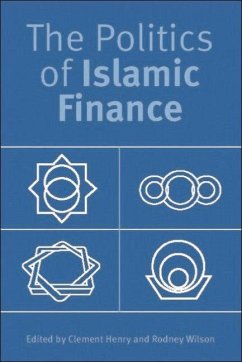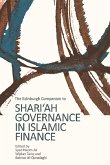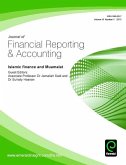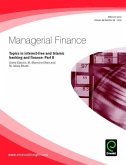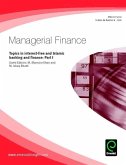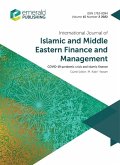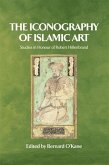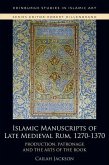Can the contemporary Islamic finance movement be shown to meet the requirements of modern commerce? In the wake of the terrorist attacks on America the UN Security Council passed a resolution targeting transnational sources of terrorist funds. The United States and the International Monetary Fund are encouraging the governments of the Middle East to adopt policies of economic liberalism and a new type of capitalism, based on Islamic values and beliefs, is emerging.The aims of the book are:* to explore the political implications of the slow but steady accumulation of Islamic capital* to analyse the connections between Islamic finance and Islamic political movements in Middle Eastern and North African countries* to show that the commonly-perceived connection between Islamic finance and money laundering and terrorism is by no means the complete picture. Readers will learn to appreciate the various political contexts in which Islamic finance operates in the Middle East and North Africa and will acquire some understanding of its political as well as economic constraints. Hopefully possible misunderstandings about Islamic banking and finance will be corrected.The book is divided into two parts - part one is thematic and lays the ground for the country-specific case studies in part two (covering the Sudan, Kuwait, Jordan, Turkey, Tunisia and Egypt). The contributors include political scientists, economists and historians.Key Features:* A major topical issue* Written by the world's leading experts on Islamic Political Economy* Explores the connections between Islamic finance and Islamic political movements* Includes country-specific case studies
Dieser Download kann aus rechtlichen Gründen nur mit Rechnungsadresse in A, B, BG, CY, CZ, D, DK, EW, E, FIN, F, GR, HR, H, IRL, I, LT, L, LR, M, NL, PL, P, R, S, SLO, SK ausgeliefert werden.

